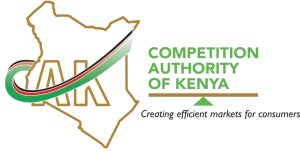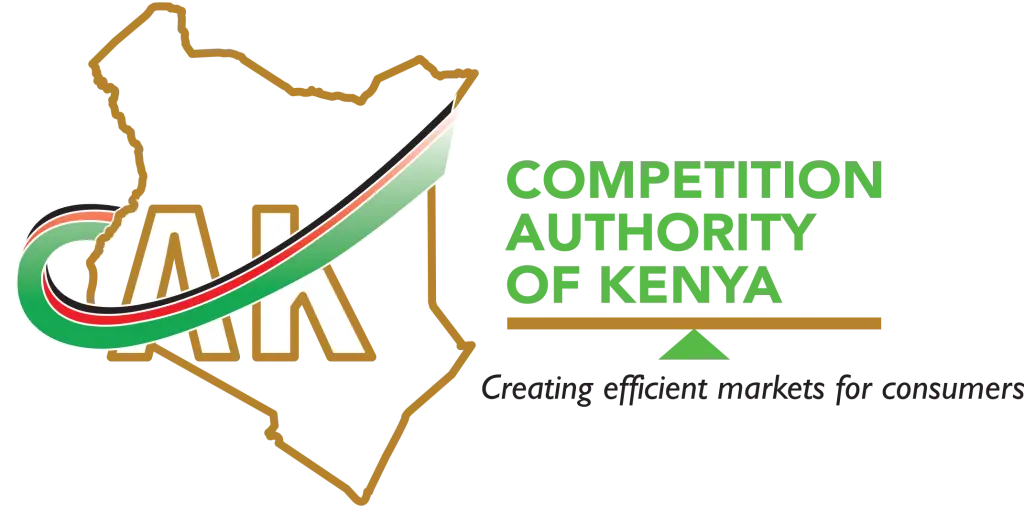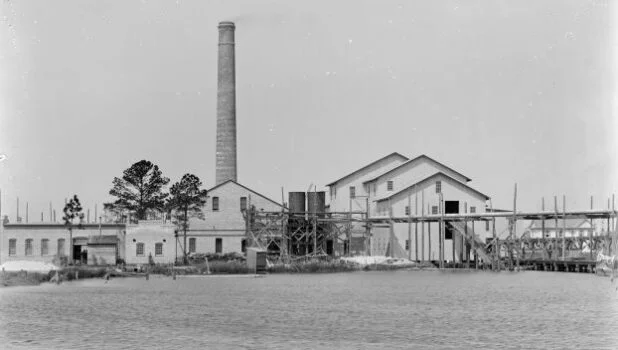After joining the Competition Authority of Kenya (CAK) two months ago, I was determined to establish a legacy institution that contributes directly to improving the well-being of Kenyans.
This will be realized by creating more opportunities where every Competition Authority of Kenya can access the market, with fewer barriers to entry, reduced compliance costs, and a business environment characterized by transparency and predictability.

Competition law is designed to ensure that businesses compete fairly with each other by regulating market structure and behavior, to protect consumers from false and misleading business practices. This effort provides consumers with choice, quality, innovative products and services at reasonable prices. Competition is an important driver of innovation, efficiency and economic inclusiveness. Therefore, it can play an important role in reducing disparities.
CAK (Competition Authority of Kenya) plays an important role in promoting fair trading practices, and creating an environment conducive to innovation, through regulation of market behavior and structure as well as providing advice to the Government and its institutions on competition and consumer protection issues, especially during policy making.
There are two examples that immediately come to mind, which touch different segments of our society.
Today, Micro, Small and Medium Enterprises (MSMEs) are the backbone of Kenya’s economy, contributing 30% to GDP and accounting for more than 90% of the workforce. They play an important role in reducing poverty and driving economic growth. Likewise, MSMEs drive innovation, contributing to the competitiveness of Kenyan products.
In implementing the Power of Buyer provisions in the Competition Law, CAK (Competition Authority of Kenya) recently finalized and announced a settlement with a multi-national manufacturer, which secured a commitment to undertake several remedial actions, including; gradually reducing payment terms for MSME suppliers to 30 days; increase local procurement spending by Ksh. 200 million between 2023 and 2025 by inviting at least two local SME suppliers to all tenders, according to business needs and supplier qualifications.
The business also offers development training with an annual budget of Ksh. 75 Million, for three years.
In 2019, we granted conditional approval to a soft drink bottling company to acquire a majority stake in another bottling company. Acquiring parties indicate that approximately 69% of retailers receiving refrigerated products are SMEs experiencing limited space and insufficient financial strength to acquire critical assets to accommodate the other products they trade.
This creates barriers in market access and encourages competition in the non-alcoholic beverage sector, considering that the dominant post-merger company will control the value chain involving bottling, distribution and retail sales.
To eliminate confiscation concerns, particularly regarding the coolers mentioned above, we issued merger terms including requiring the merged entity to reserve the lower deck, or no less than 20% of the total refrigerated storage space, to SMEs to store competing products. This is to ensure that other players in the Non-alcoholic Ready-to-Drink Beverage sector have marketing channels through SMEs.
This intervention reduces the inequality gap that SMEs would otherwise suffer, and SMEs that would have to invest in new coolers to stock competing products and offer consumers a wider range of products, as well as a continuous supply of alternative non-alcoholic brands that they prefer. .
These two examples illustrate the inequalities caused by the behavior of market participants, highlighting the importance of regulators like us in opening markets to competition and equal participation, and in the interests of consumers.
However, it is a fact that inequality can be caused by government policies that hinder effectiveness competition by creating undue regulatory requirements that are difficult and expensive for new market entrants to meet, or by providing disincentives for companies to compete or distorting competition and preventing companies from competing on the basis of advantage.
Such policies may also increase consumers’ switching costs by reducing their mobility or the amount of information available to them to make informed purchasing decisions.
Therefore, it is fitting that this should be the focus of this year’s World Competition Day commemoration which falls on December 5this Competition and Inequality Policy. Stronger law enforcement is needed in priority areas such as health services, food, transportation, energy, communications and financial services to help reduce existing disparities.
David K. Kemei is Director General, Competition Authority of Kenya
All views expressed here are those of the author and do not necessarily reflect the editorial stance of The Kenya Wall Street.






